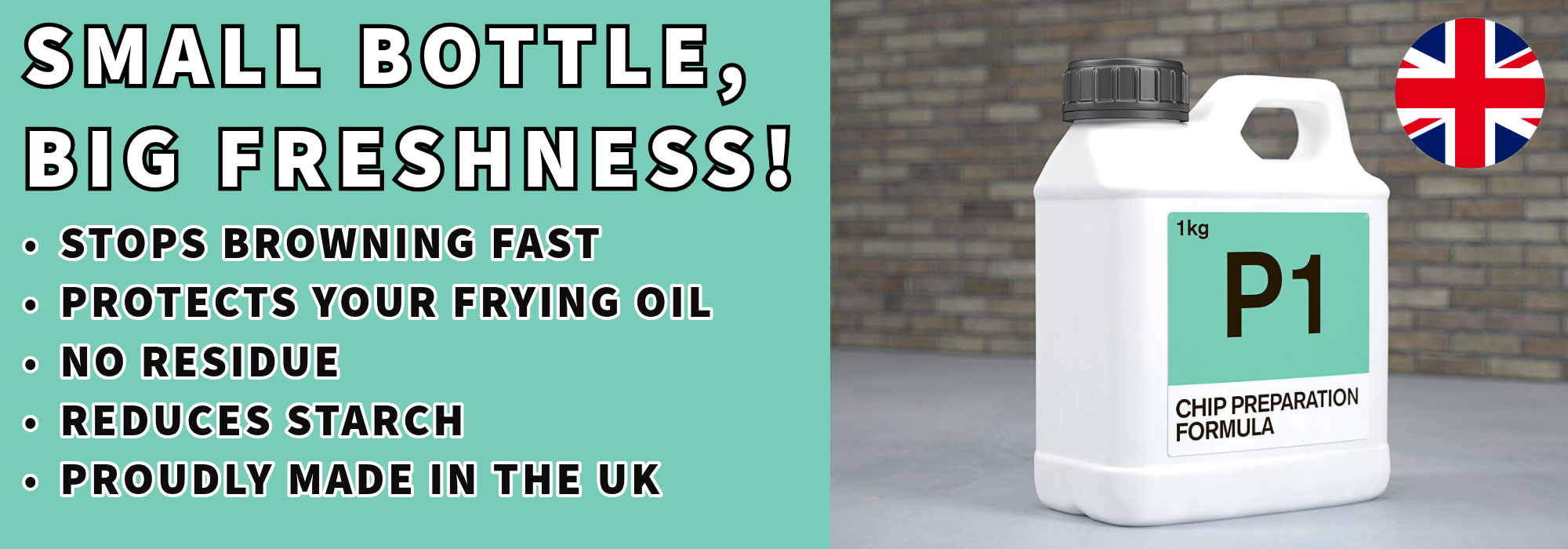From fizz to flat: How Coca-Cola’s coffee venture lost its flavour
Posted by Emma on 6th Nov 2025 Reading Time:
When Coca-Cola bought Costa Coffee for £3.9 billion in 2019, the deal was hailed as a masterstroke — a bold move to brew success in a fast-growing global coffee market. Yet, six years later, the acquisition stands as a textbook example of strategic overreach. The world’s biggest drinks company is now reportedly preparing to sell the chain, with private equity firms including KKR, Apollo, and Bain Capital circling the brand.
The intention behind Coca-Cola’s purchase was clear: diversify beyond soft drinks and enter the booming hot beverage sector. But the company soon discovered that running cafés was a very different blend of business.
James Quincey, Coca-Cola’s CEO, admitted in October 2025 that the “investment hypothesis didn’t work out as expected.” Costa had failed to deliver the growth envisioned outside of its traditional retail stores, even as the coffee market remained “super attractive” for long-term potential.
The mismatch was structural. Coca-Cola’s DNA lies in an asset-light model built on producing beverage concentrates and leveraging bottling partners — not in managing real estate, staff turnover, and daily retail operations. Costa, on the other hand, thrives on in-store service, location strategy, and rapid adaptation to consumer preferences. The cultures simply didn’t blend.
As one industry analyst noted, “Coca-Cola underestimated how capital-intensive and operationally demanding the café business is compared to its bottling model.” Even before the pandemic, Costa’s growth had slowed amid fierce competition from Starbucks, Pret A Manger, and an emerging wave of independent cafés that captured younger consumers’ loyalty.
The pandemic magnified every weakness. As lockdowns shuttered stores, Costa struggled to pivot digitally or expand internationally. Competitors rapidly adapted through app ordering, delivery integration, and premium rebranding. Costa’s innovation lagged — its Costa Express vending machines were one bright spot, neatly fitting Coca-Cola’s distribution model, but they couldn’t offset the broader decline .
Financial performance mirrored the operational challenges. Costa’s 2023 revenues of £1.2 billion still fell short of pre-acquisition levels, with a £9.6 million pre-tax loss . Now, bids for the business reportedly value it at as little as £1.5 billion — less than half what Coca-Cola paid just six years ago.
Coca-Cola’s troubles with Costa are part of a broader reckoning across the coffee sector. Once seen as recession-proof, the industry is facing tightening margins, rising green coffee prices, and waning consumer enthusiasm in mature markets. Global coffee demand is expected to fall 0.5% in 2025, according to Rabobank.
Even giants like Starbucks have reported steep declines in profit, while long-established roasters such as Farmer Brothers are exploring sales or mergers. As one coffee consultant observed, “There’s always room for a well-run legacy business with brand loyalty — but size offers no immunity.”
The message for business is clear: scale alone no longer guarantees stability. Success depends on agility, relevance, and a deep understanding of changing consumer expectations — not just brand power or acquisition might.
In today’s environment, where consumer trends shift faster than supply chains, authenticity and adaptability trump corporate muscle. Whether it’s premium coffee, sustainable sourcing, or healthier dining, businesses that stay connected to their customer base — rather than chasing category expansion — are the ones that endure.
Coca-Cola is now reportedly reflecting on “how to grow in coffee” while continuing to run Costa successfully . But for many in hospitality, the bigger reflection may be this: in the pursuit of growth, it’s easy to forget what makes your business special in the first place.





